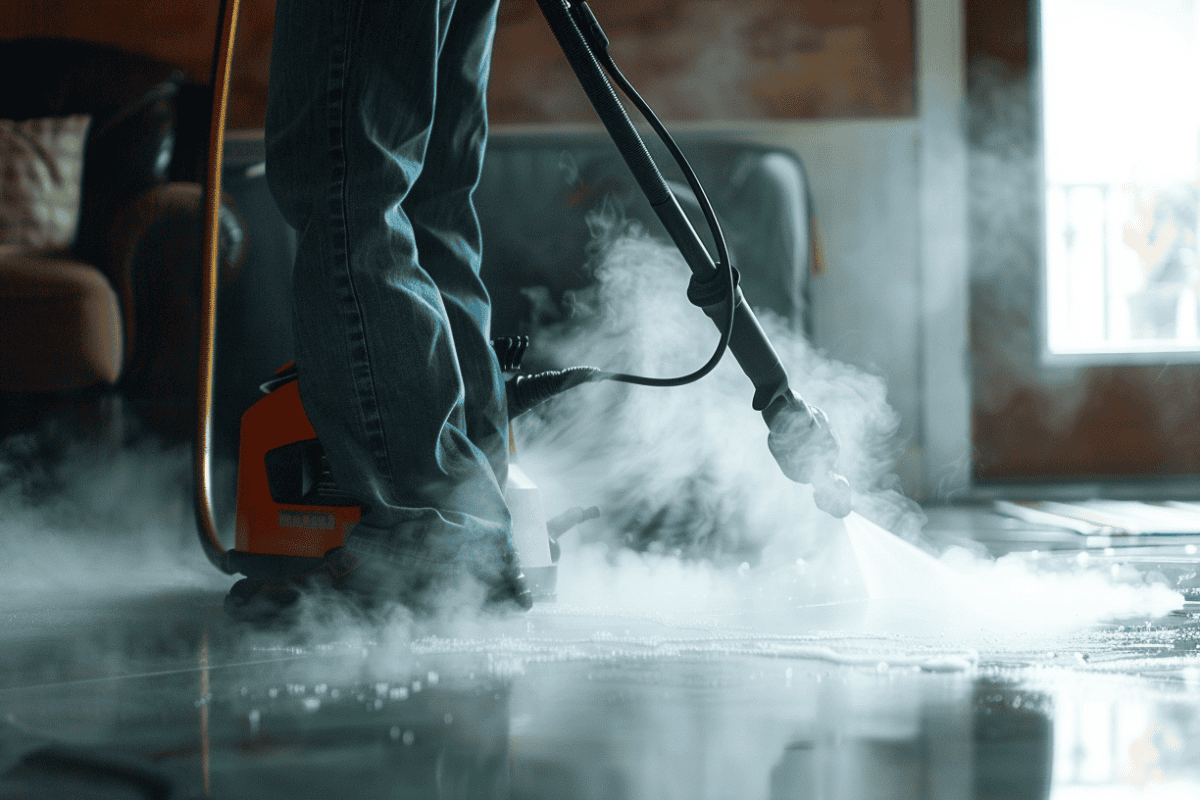Everyone’s experience with addiction is unique. No two people’s paths to addiction and recovery are identical. Addiction and recovery depend on external and internal variables. An addict’s recovery may be aided if they are aware of the physiological impact of recovering from an addiction. While everyone’s experience is special, most may be broken down into stages. While there are several phases of addiction, recovery has five. Let’s get started with the five steps to recovery:
Awareness
A recovering addict realizes their substance addiction is a problem and takes action. This step is called “recognition” or “acknowledgment” The addict, not a friend or family member, admits there is a problem and wants to solve it.
In many circumstances, a crisis occurrence causes the addict to face the truths of their substance use disorder and acknowledge how dangerous it has become. This occurrence can be harmful, like a drunk driving accident, or emotional, like a lover or friend leaving. In either case, the experience is a wake-up call that removes any pretense that the addiction is not harming others, prompting the person to reflect on their life and make a change.
Consideration
Once a drug addict recognizes a problem, they should reflect on their lives and research addiction. This helps people comprehend how it happened, how powerful its hold is, and how to leave. The user will have a better grasp of the damage they did and the lives of family, friends, and colleagues.
Even if the person isn’t making any direct recovery efforts, like entering rehab, they should nonetheless realize the power of their addiction. This helps them recognize they need outside aid to overcome addiction and that safe recovery is possible.
Recuperation
After the addict acknowledges their addiction and learns more about it, they can consider their help alternatives. This can be done by chatting to friends and relatives or researching online. This stage advances recovery from thought, research, and desire to drug-free action. In this stage, many addicts join a recovery clinic or enter a program.
This period is sometimes called recuperation preparation. Here, the addict sets goals and makes a plan to end their addiction. Taking their time in this stage helps addicts reinforce their resolve. More preparation motivates them to conquer problems.
Early recovery
If the addict hasn’t yet entered rehab, this stage begins when they put their recovery plan into action and work to see it through. First, choose a recovery program. Inpatient care, when the patient lives at the facility while receiving therapy, is the most effective choice.
Most treatments begin with detoxification. Under medical supervision, detox removes all addictive substances from the patient’s body. Due to withdrawal’s harmful effects, it must be done medically. Detoxing alone can be harmful.
Active recuperation and maintenance
Addiction is a degenerative brain illness that cannot be cured. Helping a person overcome substance abuse and giving them the tools to maintain abstinence daily is all that can be done. The addict and recovery personnel have worked toward this aim. By Stage 5, the person has worked hard to conquer their substance use issue and has the tools to begin recovery.
Recovery is a lifelong journey. Recovering addicts must address their beliefs and behaviors that impact their addiction. This may sound frightening, but with time and the treatment they gained in rehab, they’ll be better equipped. To make this stage easier, addicts need a support structure for both difficult times and ordinary life. Every patient leaving treatment should receive a comprehensive aftercare plan.
This is a sponsored post
Digital Health Buzz!
Digital Health Buzz! aims to be the destination of choice when it comes to what’s happening in the digital health world. We are not about news and views, but informative articles and thoughts to apply in your business.


